There are a lot of great game companies out there and you can’t be a fan of gaming without being exposed to many of the great releases from Rio Grande Games. RGG founder, Jay Tummelson, was kind enough to agree to a short interview with myself and here’s how it went.
Jeff McAleer: Somewhere along the way you became exposed to the boardgaming hobby. I was wondering what is the first boardgame you played that really sparked your interest into pursuing a career in the industry?
Jay Tummelson: Like many people, I played many board games growing up, including most of the traditional games. As an adult, I moved on to such longer games as Civilization and the 18XX games. At a later point in my life, I decided I wanted to work in the industry that had shown me such fun all my life: board games! I am sorry, but there was no single game that sparked my interest, but the idea of board games in general. The social interaction that such games inspired was the allure for me.
JM: Those of us familiar with the history of Rio Grande Games know that you left Mayfair Games, after working with them for three years or so, to form RGG back in 1998. Would you care to share one of the biggest challenges you faced when you struck out on your own more than a decade ago?
JT: I actually left after 2 years when Mayfair declared bankruptcy. I knew then I wanted to continue and spent the next year planning for the creation of Rio Grande Games. If there was a challenge, it was to create a plan that would allow me to publish these fine games in English at a profit.
JM: I’ve been struck that all correspondence I’ve sent along to Rio Grande have always been answered by yourself personally. Certainly I’d expect that royal treatment from a new publisher or a small design house, with a handful of releases on the market, but I’ve been very pleasantly surprised to find the emails coming directly from you. With over 360 or so games published to this point I have to ask just how hands on are you in all phases of Rio Grande’s operations?
JT: The company is still just a family company – my wife and I. So we are both very hands-on as there is no one else’s hands involved.
JM: So as not to come across as an advertisement for Rio Grande, I’d like to ask you to respond to some of the critics of the company. People, from time to time, complain RGG doesn’t develop games in-house but publishes games that are created in other countries and simply brought to English speaking shores by RGG. How do you respond to those who claim Rio Grande isn’t a “true” or “classic” game company?
JT: My original vision was to produce the good German games in English. With so many to choose from, there seemed no need to publish my own. After a few years, I took over licenses from some German publishers when they were no longer interested in publishing games that I was. The first such games were Samurai and Ricochet Robots. Later, I started receiving offers from designers to publish their games and found a few that interested me. So far the most successful of these are Race for the Galaxy and Dominion.
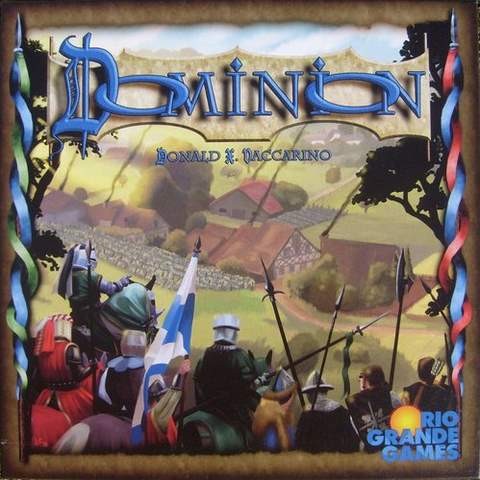
JM: What is it about a prospective release that really jumps out at you?
JT: I learned very early on that my interest in a game may not equate with players, so I just try to pick good games and the players tell me what is good by their buying habits for a game. This means I publish a lot of games, looking for the ones that “jump out” at the players.
JM: Or better yet let me ask what is it about a game that makes you say, “We have to get this one! I want the Rio Grande logo on this release!”?
JT: I do not think I have ever said that. If I think a game is good and it is available to me, I publish it.
JM: Or to put it simply, what makes a “great” game in your eyes?
JT: One that players define as “great” by buying lots of them.
JM: What RGG releases have you found yourself scratching your head as to why they might not have caught on with the hobby public?
JT: I thought both Löwenherz and Evergreen were very good games, but the players disagreed. Since then, I do not try to predict what games will do well. As I said above, I just try to pick good games, publish small print runs, and let the players decide.
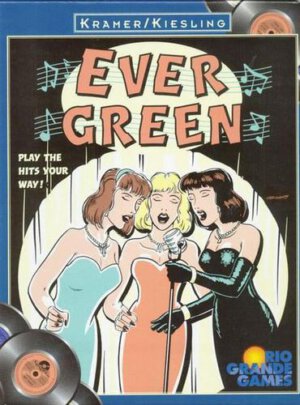
JM: What hidden gem should we be adding to our collection?
JT: I am not sure, with the wide availability of game information on the internet today, there can exist hidden gems. Great games will be easily discovered and widely discussed.
JM: Many gamers are drawn to the design and development of the hobby. I’m sure you receive a multitude of submissions regarding prospective games. Is there one bit of advice you’d give to a fledgling developer looking to submit their prototype to RGG?
JT: Get a reliable playtest group, one that will give honest feedback. I have learned that many players tend to like playtesting games so much they cannot give good feedback. When all your friends love your game, be wary and ask strangers to try it.
JM: Understanding Spiel in Essen, Germany is quickly approaching in late October (Hey! The 24th is my birthday!) I’m very interested in the upcoming release, The King’s Musketeers – to be published in French as Mousquetaires du Roy by Ystari Games. To me it looks as if this is going to be a very solid Essen release. I mean, wouldn’t most gamers love to gather around the table to cry out in unison, “All for one and one for all!” as they play the Musketeers?
JT: Why would they want to do that? And, if they did, they could do so without playing the game.
JM: Is there anything about the game that we really should know to make it a must buy?
JT: Until a game is released and played by players, there is no “must buy”. Only after players start playing it will we learn whether it is a great game or just another good game. This is not to suggest that I think this (or any game) will not be great. Rather, I have learned to let the players choose and not predict which will be great and which not.
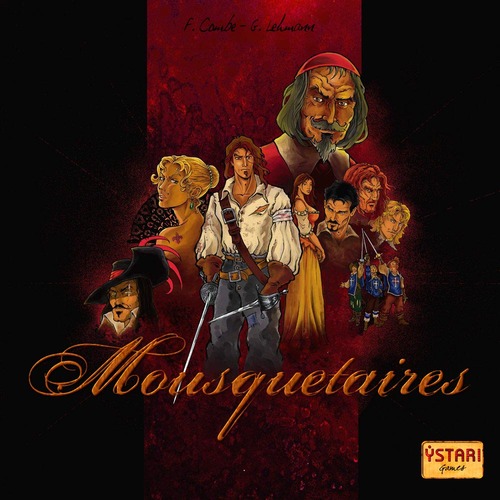
JM: What else should Rio Grande fans be looking forward to on the horizon in fourth quarter 2010 and Q1 2011?
JT: I will be publishing a large number of games by new designers and hope that some of them will find a place in players’ hearts. And, of course, there will be a new Dominion expansion early next year: Cornucopia!
*** Hey! Looks like we scored a scoop on the title of the next Dominion expansion! ***
JM: The gaming industry has weathered the economic downturn rather well over the past couple of years. It appears that many mainstream hobbies have taken a huge hit as people tighten their belts yet our hobby has done rather well. Everyone seems to have his own theory as to why this is the case. What’s your take, Jay?
JT: I am sorry, but I do not have any concrete data from which to judge. I think the continued success of RGG is due to the continuing increase in people learning about these games and becoming players and fans of them.
JM: Building upon the last question, how would you present your own “state of the hobby” address?
JT: If by “hobby”, you mean choice games like the ones RGG publishes, the answer is above. More people are learning about these games from friends and find them fun and want to play them. I hope this will continue for some years, but I cannot predict when the last person who will be interested in such games will be shown them. After that, there will be no more new people to recruit.
JM: What is one thing you recommend that everyone who enjoys gaming take upon themselves to help promote our wonderful pastime. How can we better push board and card games into the American consciousness and mainstream?
JT: I think those people are already doing that. They are showing the games to friends. This is the best way to promote these games. There is no short cut. I must be done one new player at a time.
JM: One last question, and I do apologize for throwing a curveball, yet I’ll be asking this question of all our interview subjects. It’s been said that in this world there are two kinds of people: Beatles fans and Elvis fans; you can’t be both but simply one or the other. So Jay, which is it? Elvis or the Beatles?
JT: Elvis!
JM: Thanks Jay, for taking time out of your no doubt busy schedule to share some of your thoughts with us. I know many of us will be looking forward to your upcoming releases and I hope you keep The Gaming Gang in the loop so we can help expose folks to those games and expansions. I also just want to wish you a great trip to Essen this year!

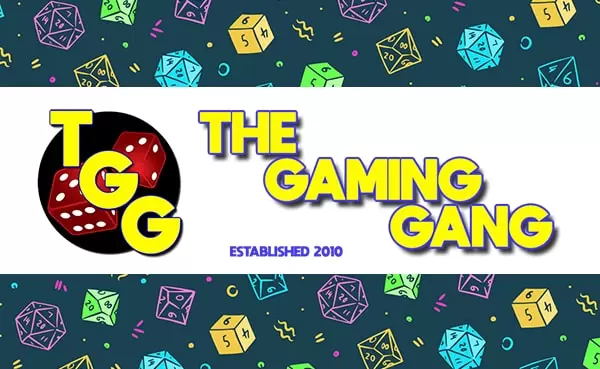

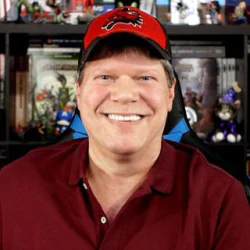





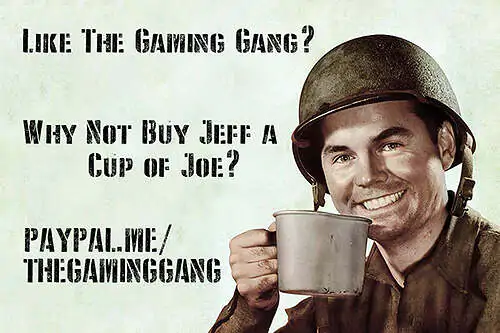
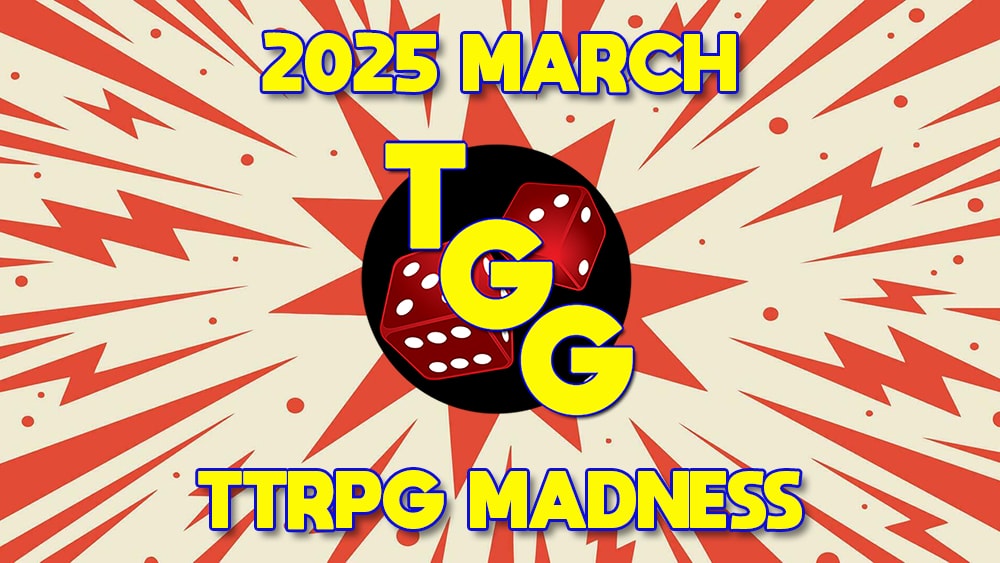

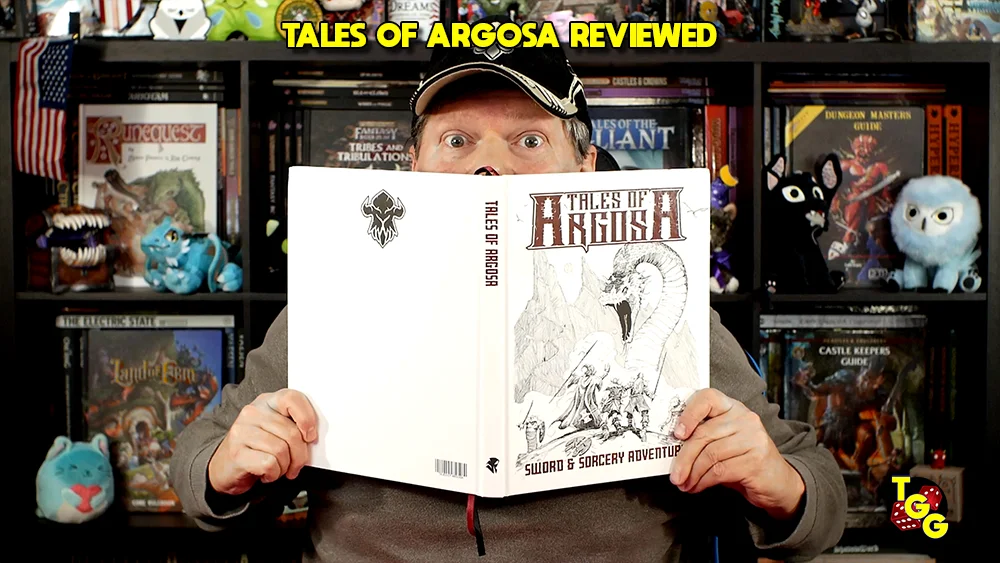
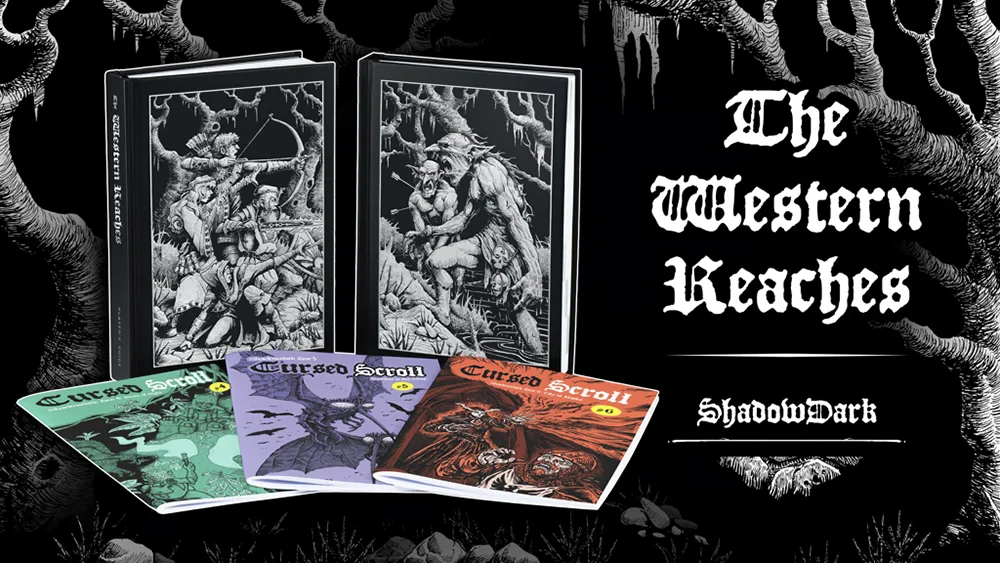

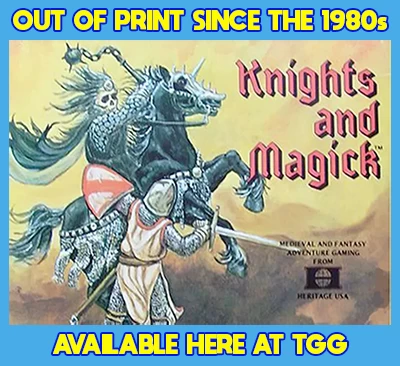



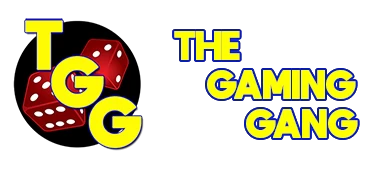
Thanks for this interview with Jay. He really does do the industry a great service by offering a huge range of quality games and working long days to promote these. Can there be any doubt that he's an Elvis man?
I'd have thought the Beatles, but what do I know? 😉
An interview with the legend that is Jay! I love the fact that games that he thinks are great are not always taken to heart by gamers. A really good interview and a Dominion exclusive (?) for TGG!
Thank Jay for taking a bit of time out to share his thoughts with a brand new site!
Great interview. Nice short but still some interesting perspective. I wouldn't mind seeing this with many other publishers in the industry. Perhaps even with some of the big retailers , brick and mortar or web based.
Ange
We'd love to share interviews with anyone in the industry who'd like to share their thoughts with us. Have no fear, we have some interviews with well known folks (and some who deserve more notoriety) coming up!
I always read interviews with Jay because I like his DIY, and 'bring your friends' attitude. He's a good mascot for our cause… Too bad he dodges opinion questions so well *shrug*. At least we got Elvis out of him this time 🙂 -but I would've said beetles.
Good interview. He seems very pragmatic in terms of what makes a "good" game, which is probably why Rio Grande is going strong, rather than him insisting on pushing only the games he loves.
Although it does make me interested to give Lowenherz another look.
Thanks so much for this interview! I enjoy finding out about those who make the hobby possible. As Osirus pointed out, Jay waxes pragmatic in defining a "good" or "great" game. From the standpoint of commercial sales, this is of course very smart. In fact, it's not only smart, it is the internal and inescapable "logic" (tautology) of the system: something is good because it sells, and it sells because it is good. I am concerned because I think this is a dangerous logic to follow if we consider game-as-art.
"Marketplace" logic is partly responsible for a sort of gross leveling in many areas, and music in particular. (Just try to talk to someone about the value of classical compositions and recordings for a taste of the "if it's good, it will sell" argument.) Certainly everyone will have their own opinions, and will prefer some things to others regardless of their goodness or value, but are there not some aesthetic principles (at very least) to which we can appeal to help us make judgments about whether a game is "good" or "great"? Many have argued convincingly regarding the necessity of right judgment and aesthetic principles in music, in visual arts, and in other human institutions (I'm thinking of Julian Johnson and Francis Schaeffer for starters), and if game design is also a form of art, involving concrete objects and individual and collective human experience through the mechanics of play, may we not also make judgments about the quality of a game without particular regard for how many copies have passed across the sales counter? When the pragmatic tautology of the marketplace is pressed to its uttermost extent, Monopoly and Sorry force their way to the top of the universal game charts.
It is one of the sicknesses of our time that we are unable, or afraid, to make value judgments apart from those which are commercially validated. I think this kind of judgment, especially with regard to aesthetics and the qualities of beauty, must be recovered if we would not lose ourselves in the morass of inane subjectivity and the "choice" of millions of (ultimately) meaningless "options."
Jay's a good guy and I think his approach is a bit different than any other publisher out there. He realizes that not every game is going to be a huge hit and doesn't put all his eggs in one basket.
Thank you for responding, Jeff.
I didn't say that I didn't think Jay was a "good guy"; I enjoyed the interview and I'm sure he's the sort of person I would love to meet and have a chat with. His answer to your question "What makes a 'great' game in your eyes?" was as follows:
"One that players define as 'great' by buying lots of them."
In the context of business (strictly), that seems to make perfect sense. Only publish games that are already guaranteed to sell. I just don't think his response really answers the question you posed. He effectively said "Great games are games that have sold a lot of copies." Thus, from his perspective, one would have to infer that the definition of greatness in games can be stated in numerical terms.
This bothers me at a low level because I understand game design as a form of art, and the same kind of laissez-faire aesthetics (you may say "aesthetic relativism") which are embodied in Jay's concise response are applied all over the art world today and have become a part of our general confusion (at least in the U.S.) about the nature and "greatness" of various works of art. It is as if a game, or a piece of music, or a painting has nothing to recommend itself to us as potential players / listeners / experiencers other than the listing printed beside it consisting of the total number of persons who have already played, listened, experienced, and invested.
I don't believe I am alone in thinking that games and other works of art can be judged, and deemed "great" or "not great," according to criteria specific to the field in which they exist rather than according to external statistics determined by the marketplace. In fact, it seems like Jay is (or was) also in this camp judging from his subsequent response about the two games he thought were "great" and then didn't bring him a profit:
"I thought both Löwenherz and Evergreen were very good games, but the players disagreed."
Are they good (or great) games? Perhaps he still thinks they are, and perhaps in fact they are, but he's no longer trying to push them. Has his definition of greatness completely shifted to that conferred by commercial markets since going into publishing? I doubt it. Nevertheless, it is sort of the impression one gets from the brief interview, and that is what drove me to my first comment. I did not mean it as harshly as it may have come across. 🙂
I didn't think you were harsh at all. I was just saying he's a good guy as a matter of fact not as as a rebuttal. I've found everyone in the industry has their own unique way or running their businesses.